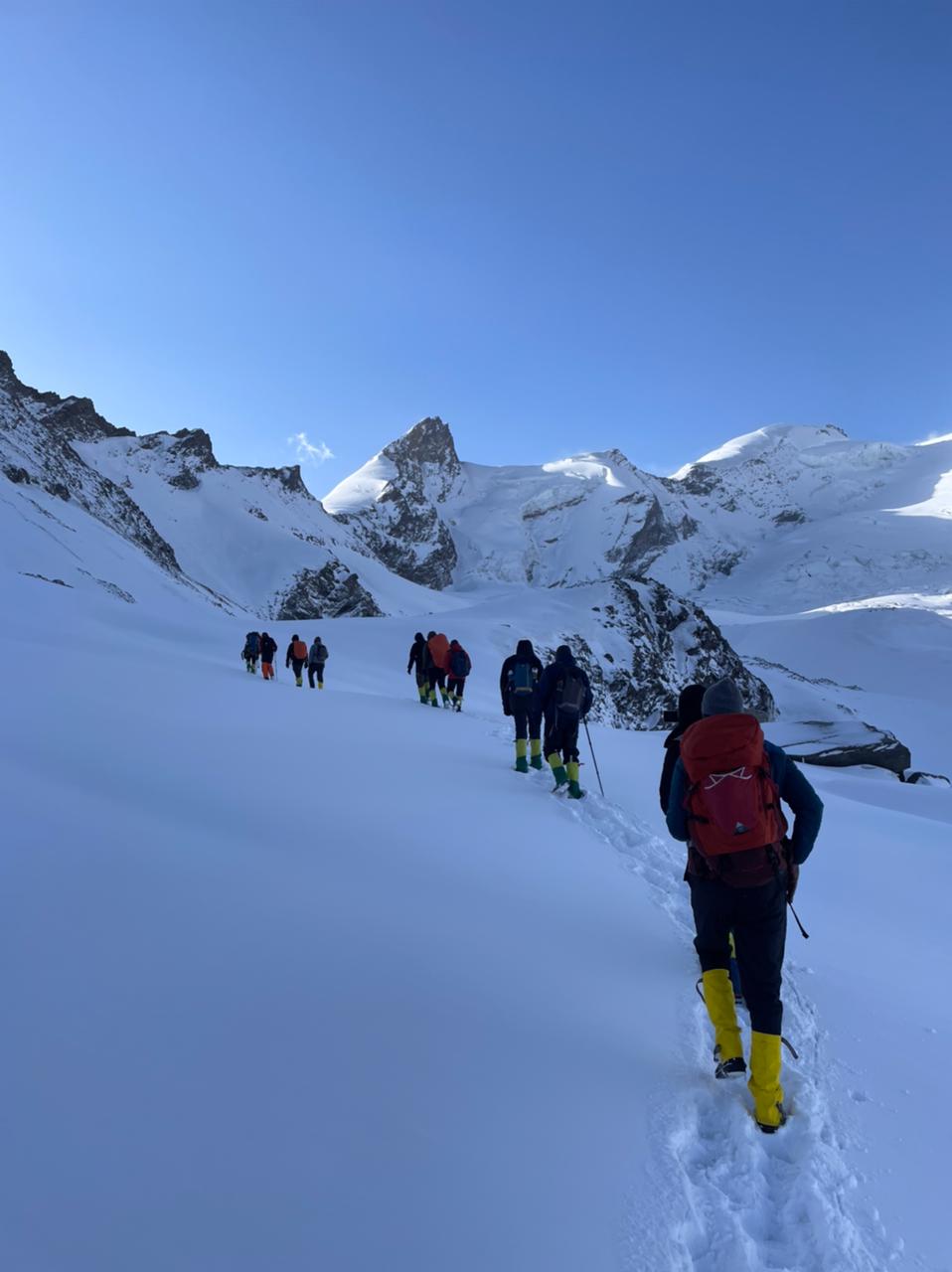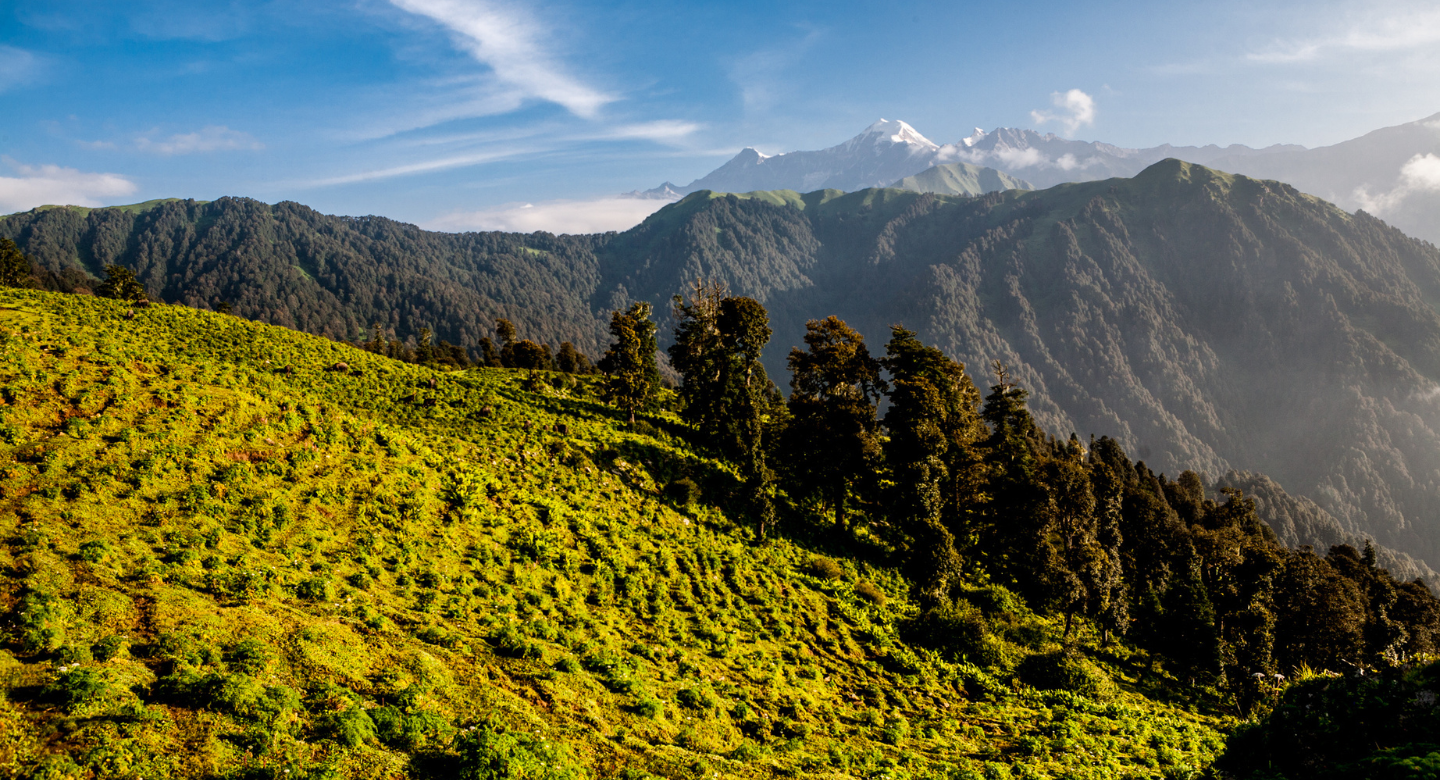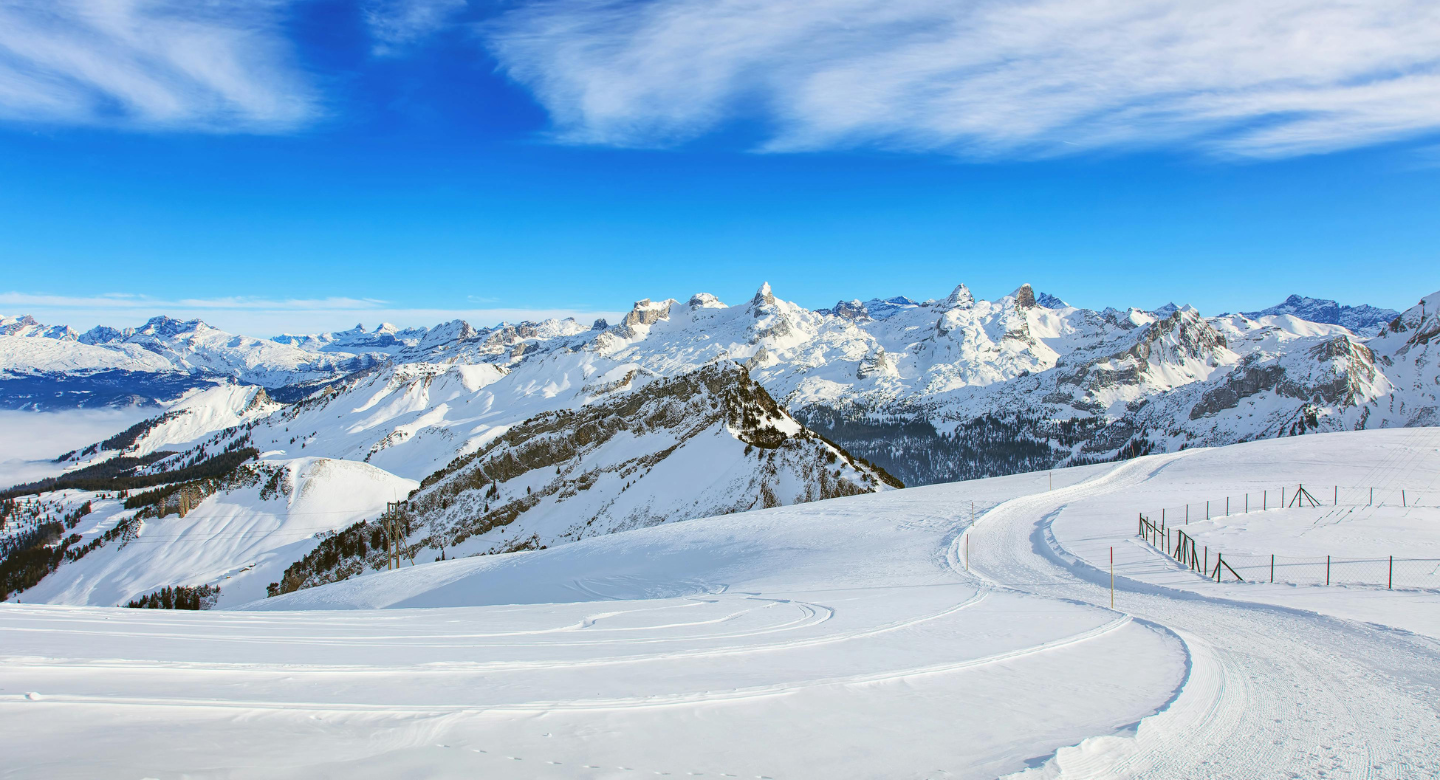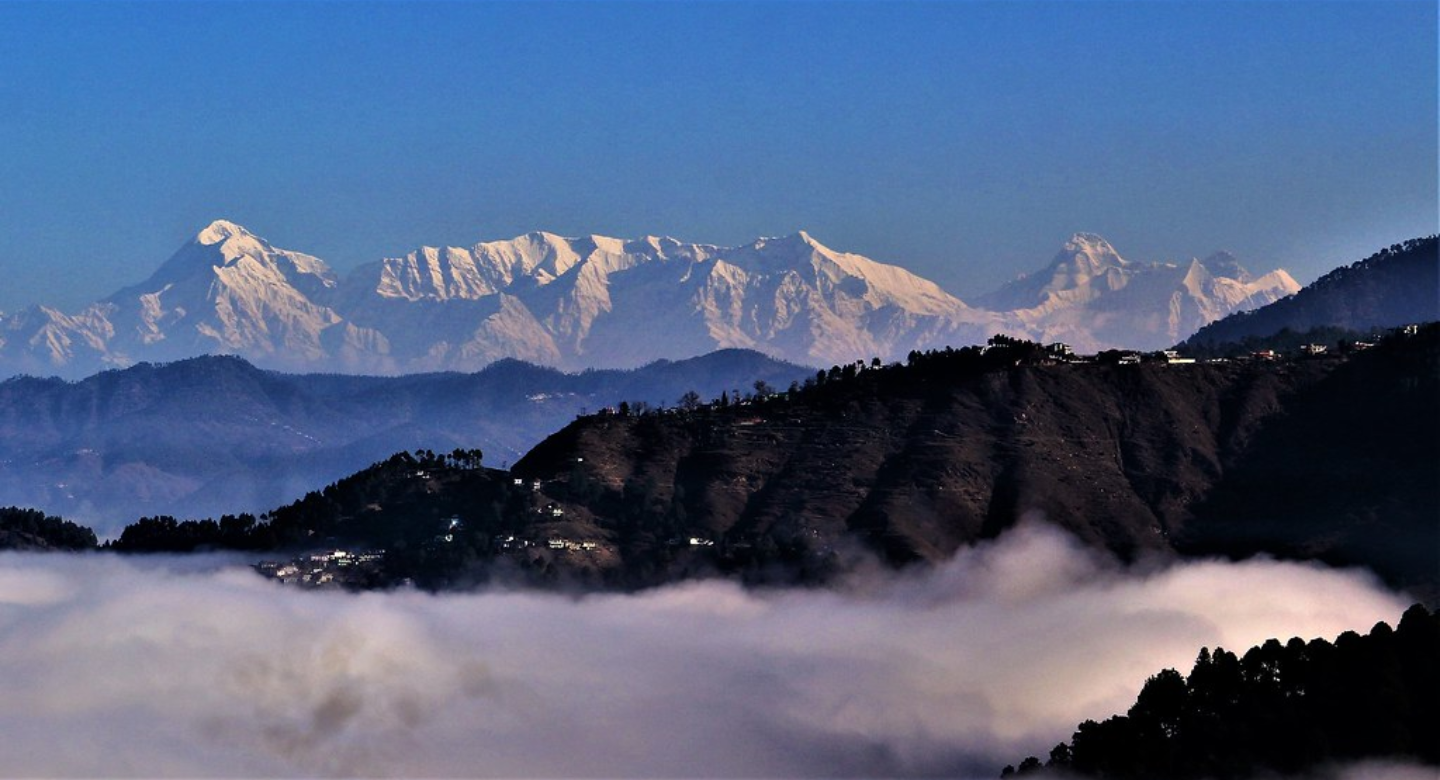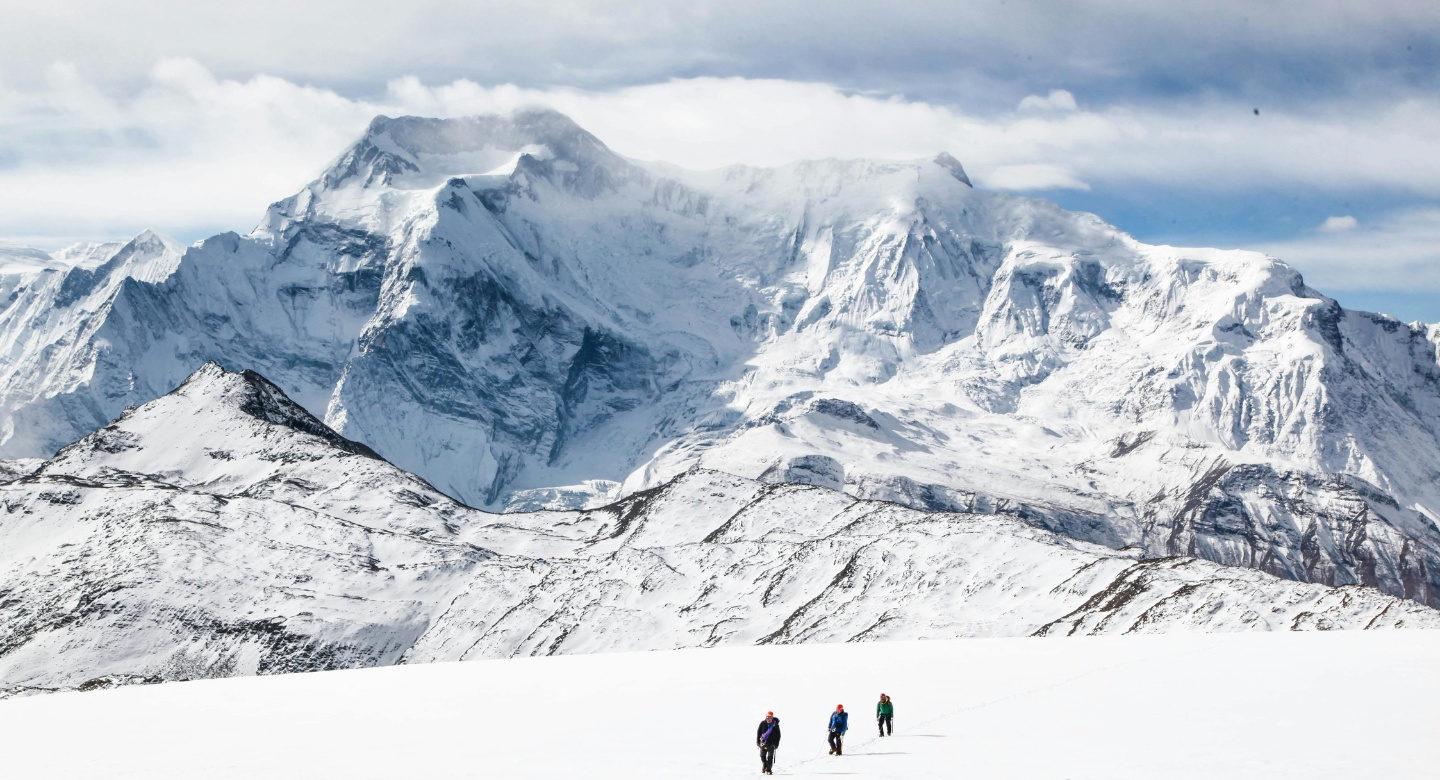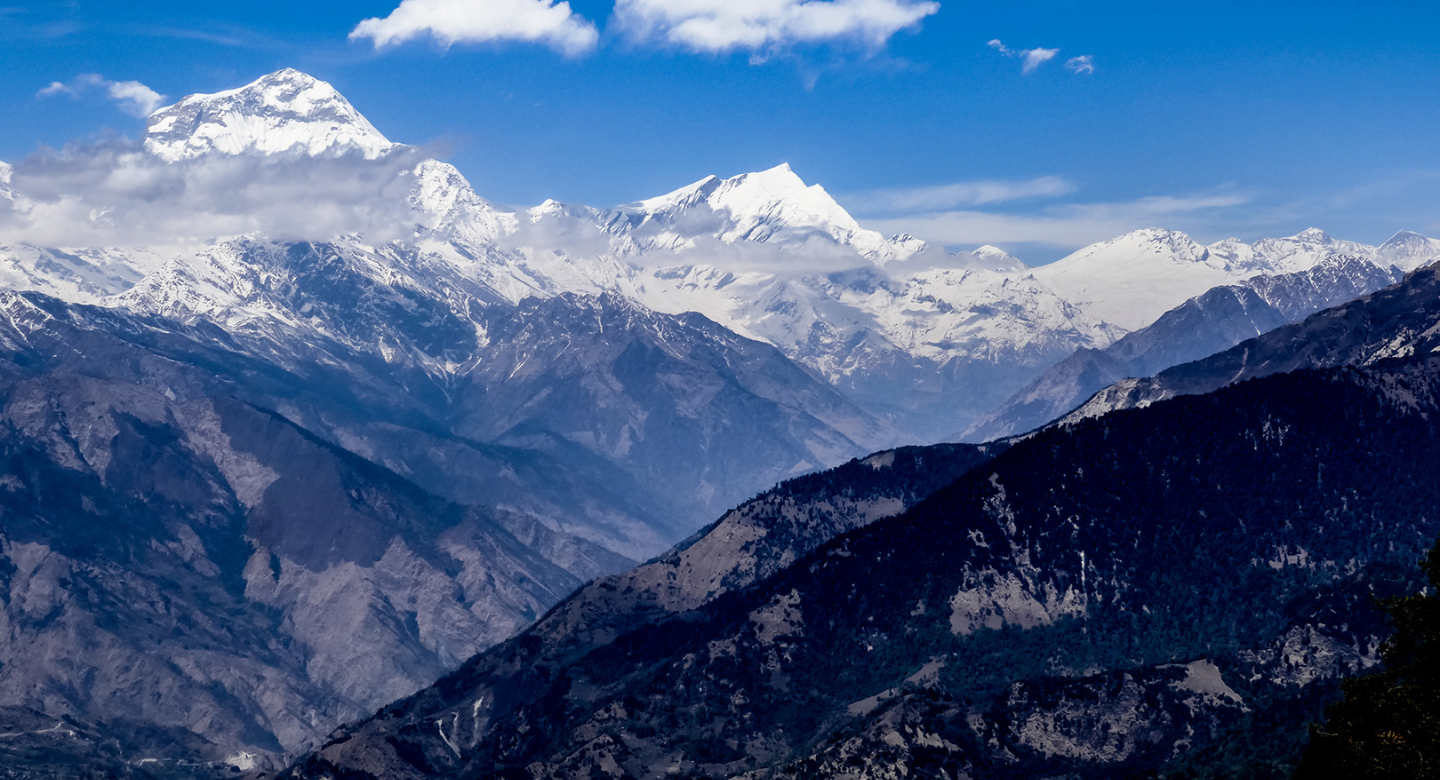
10 Best Treks to Do in November 2024 • Scoutripper
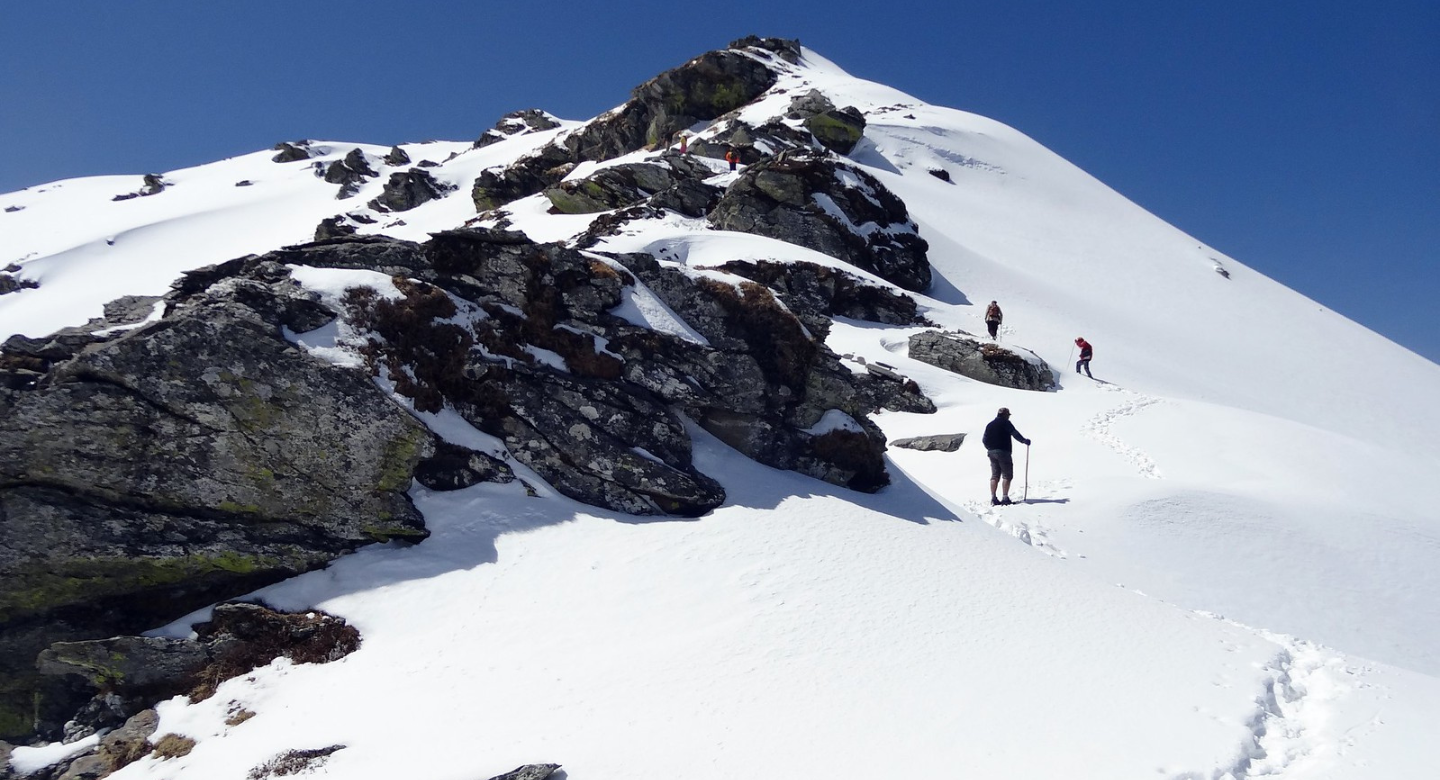
November is when the mountains truly come alive with a unique blend of beauty and tranquility. As the trekking season winds down, the hills and valleys offer something magical that no other time of year can replicate. Whether you're a seasoned trekker or someone looking to begin your adventure, November is the hidden gem of the trekking calendar.
Top Reasons to Choose November for Trekking
Stunning Views: Enjoy panoramic vistas of the Himalayas bathed in golden sunlight and crystal-clear skies.
Wildlife Spotting: Witness animals and birds migrating to lower altitudes, offering unique opportunities to see them in their natural habitat.
Solitude and Peace: Experience tranquil trails and quiet campsites, perfect for connecting with nature away from the crowds.
Cost-Effective Adventures: Take advantage of lower travel costs for bus tickets, flights, and accommodations.
Exclusive Discounts: Enjoy a flat 15% discount on treks running from November 1st to December 10th—an amazing opportunity to explore the mountains!
So, why wait? It’s the best time to round up your friends and experience the magic of November in the mountains together.
Discover the Best Treks for November Adventures
1. Kedarkantha Trek

The Kedarkantha Trek is a captivating journey through the serene landscapes of the Indian state of Uttarakhand. Nestled in the Garhwal Himalayas, this trek offers an enchanting blend of lush meadows, dense forests, and snow-capped peaks. Starting from the charming village of Sankri, the trek meanders through picturesque trails adorned with pine forests, sparkling streams, and panoramic mountain vistas.
2. Har Ki Dun Trek
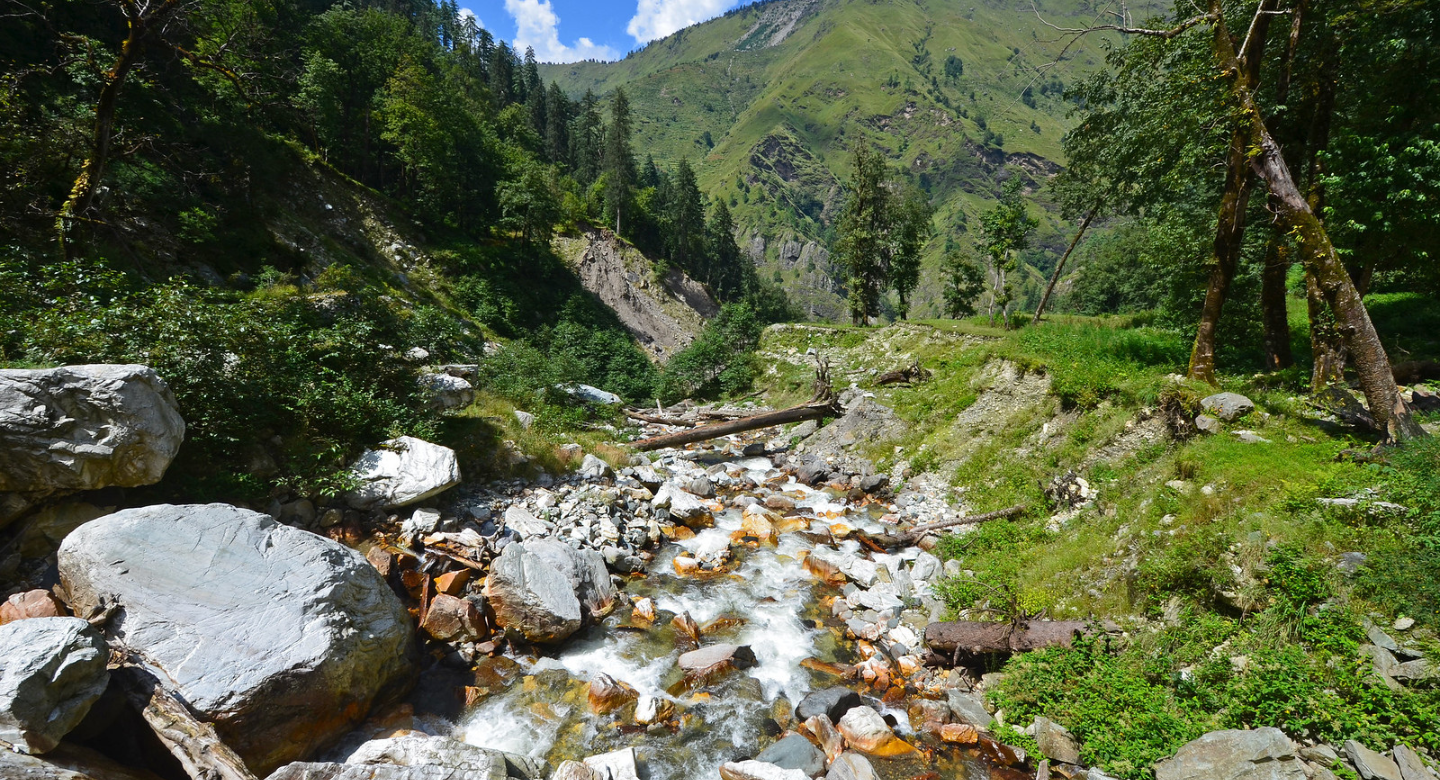
Imagine walking in a valley called "The Abode of the Gods," with the Supin River flowing by and playing melodies. Imagine the magnificent Himalayas around a stunning tapestry of autumn foliage and springtime carpets of wildflowers. This oasis is unveiled by the moderately difficult Har Ki Dun Trek, which offers incredible views of Black Peak, Hata, and Swargarohini.
3 . Dayara Bugyal Trek
The Dayara Bugyal Trek, nestled in the Garhwal region of Uttarakhand, offers trekkers a serene escape into the Himalayas with its breathtaking landscapes and expansive meadows. Starting from Dehradun, the journey takes you through lush oak and rhododendron forests, picturesque villages, and sweeping meadows.
4. Kuari Pass Trek
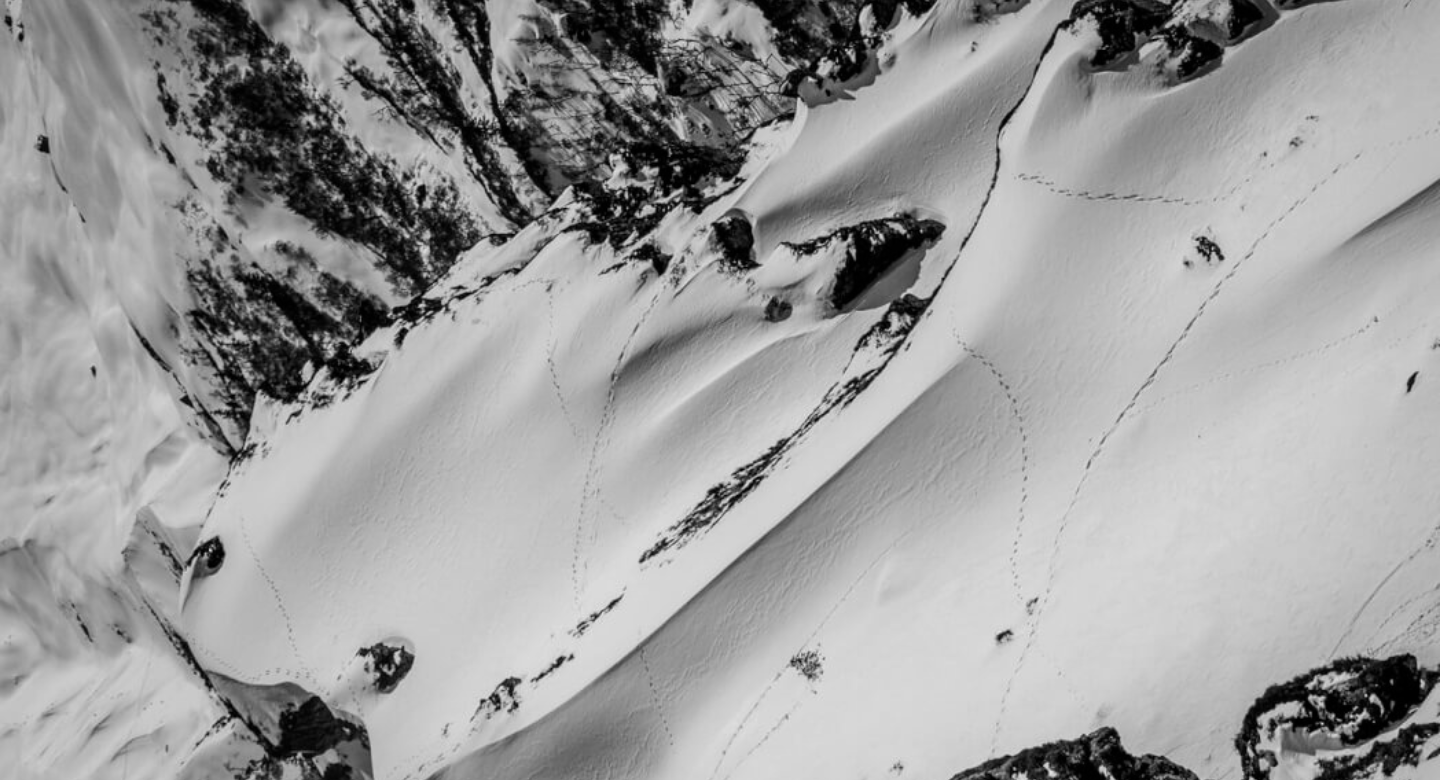
The Kuari Pass Trek is a captivating journey through the Garhwal Himalayas, offering panoramic views of towering peaks such as Nanda Devi, Dronagiri, and Chaukhamba. This trek perfectly blends mesmerizing snow-covered landscapes, serene oak and rhododendron forests, and expansive alpine meadows.
5. Bijli Mahadev Trek
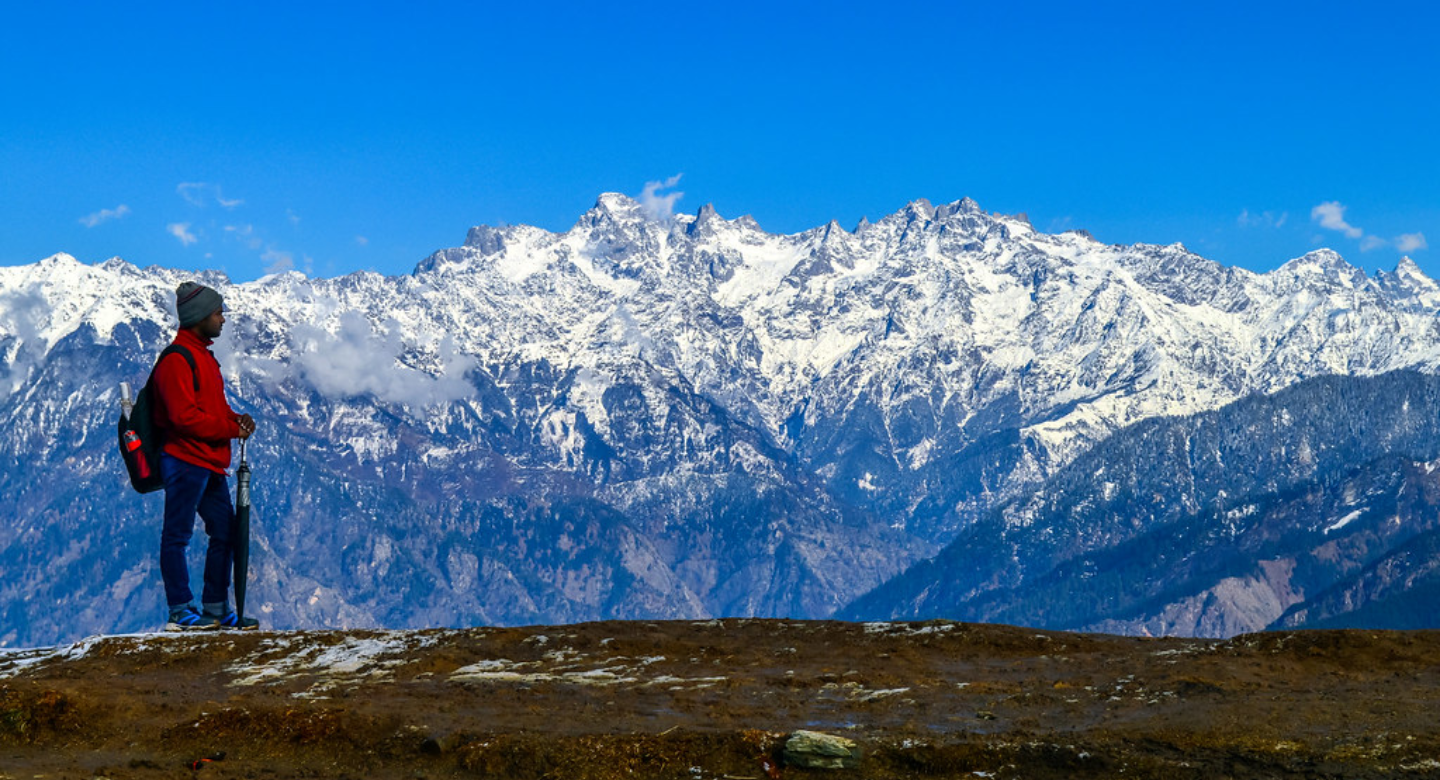
The Bijli Mahadev Trek is a captivating journey that takes you to the majestic heights of the Kullu Valley, where you’ll discover the enchanting Bijli Mahadev Temple. Perched at an elevation of approximately 2,460 meters (8,070 feet), the temple offers a mesmerizing panoramic view of the surrounding Himalayan ranges and lush valleys. The trek begins in the charming town of Kullu and ascends through verdant pine forests, terraced fields, and traditional Himachali villages, each offering glimpses of local life and culture.
6. Kareri Lake Trek
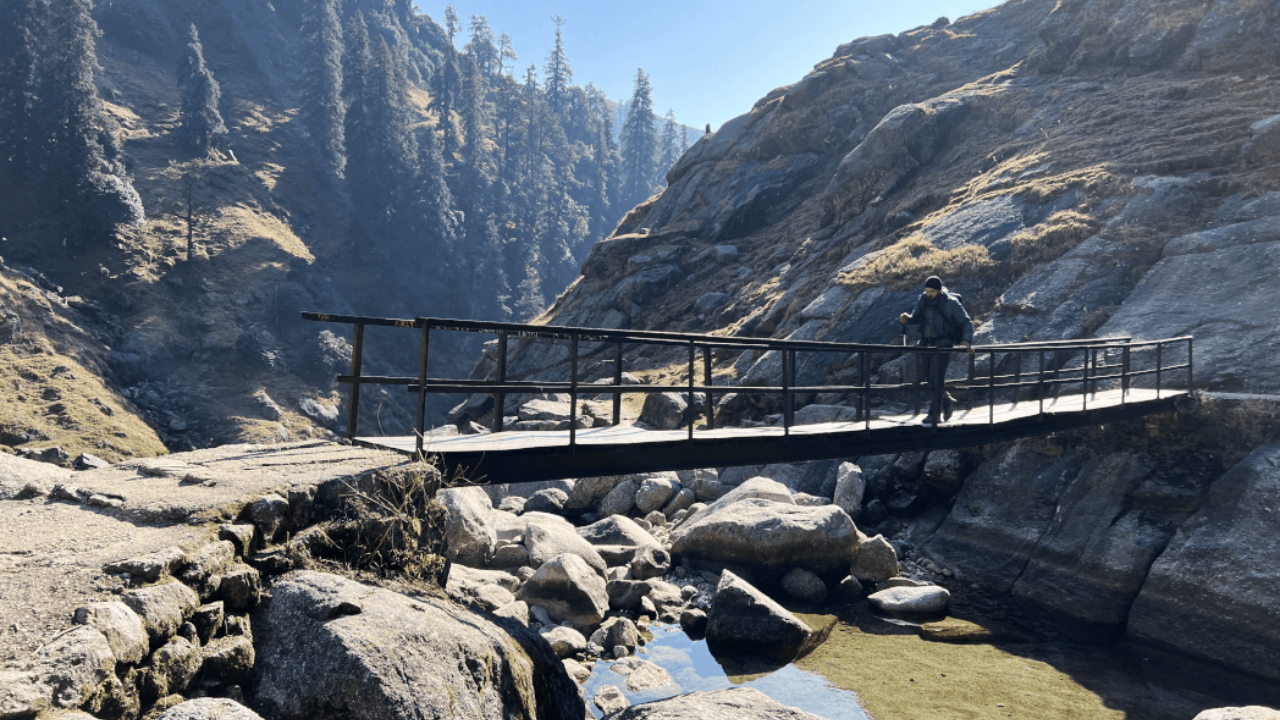
Kareri Lake Trek is a mesmerizing and adventurous trekking experience nestled in the Dhauladhar range of the Indian state of Himachal Pradesh. Situated at an altitude of approximately 9,626 feet (2,934 meters), Kareri Lake is a pristine glacial lake surrounded by lush green meadows, dense forests, and towering mountains. This trek is renowned for its picturesque landscapes, serene ambiance, and the challenge it poses to trekkers, making it a popular choice for both beginners and experienced adventurers.
7. Nag Tibba Trek
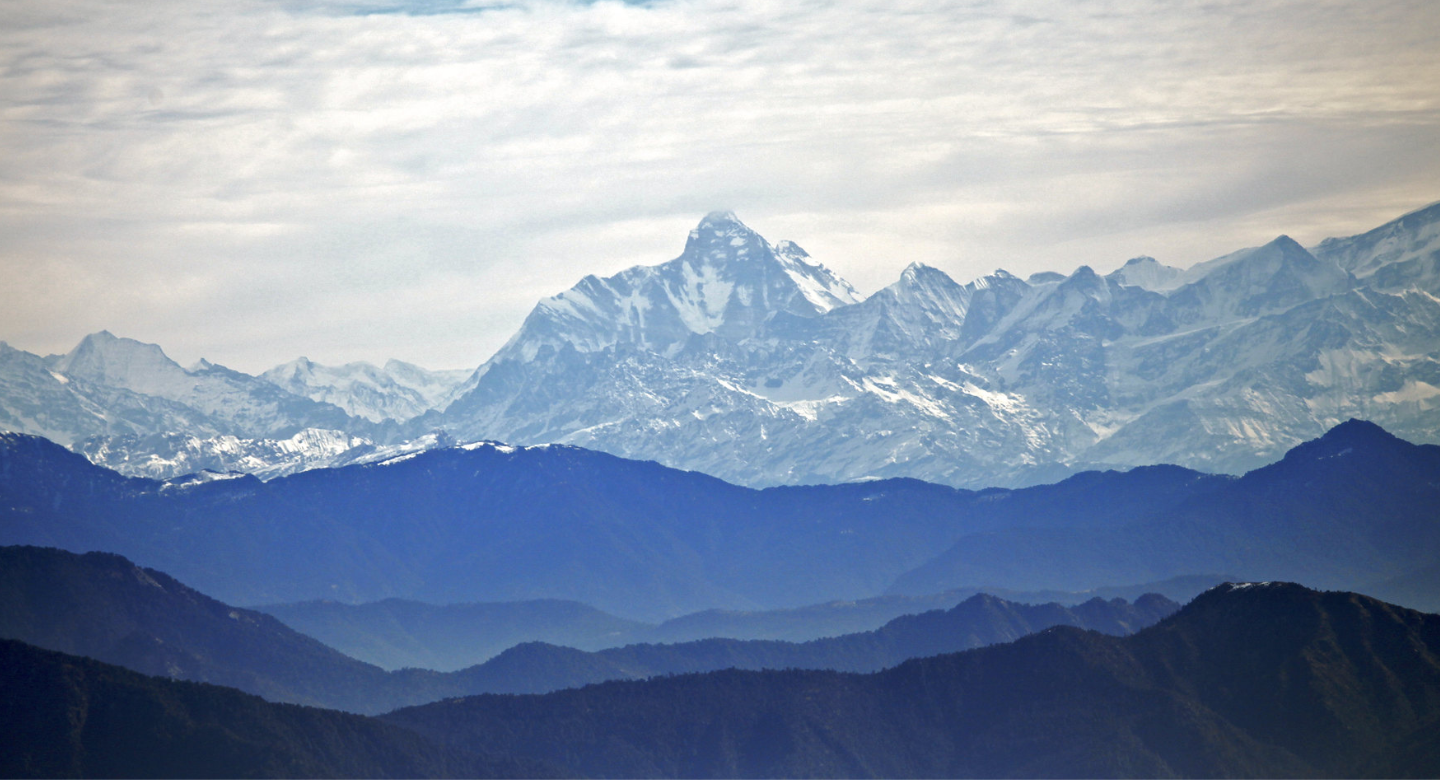
The Nag Tibba Winter Trek is a captivating journey through the serene Garhwal Himalayas in Uttarakhand, India. Starting from the quaint village of Pantwari, this trek ascends to the summit of Nag Tibba at an elevation of 9,900 feet. Along the way, trekkers are treated to the enchanting beauty of snow-covered landscapes, dense forests, and panoramic views of some of the most majestic Himalayan peaks, including Bandarpoonch, Swargarohini, and the Gangotri group.
8. Beas Kund Trek
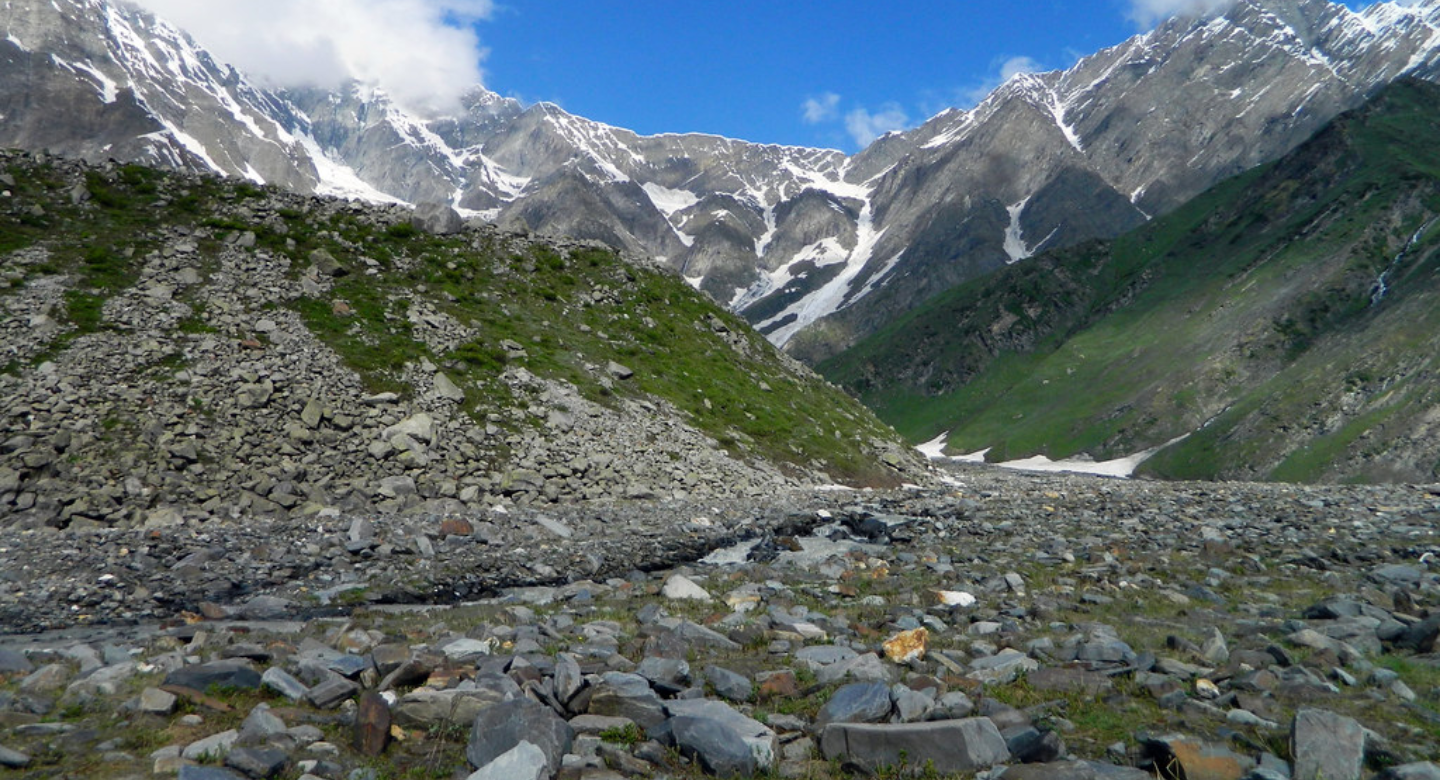
Beas Kund Trek offers an exciting journey to the source of the Beas River, surrounded by towering peaks like Hanuman Tibba and Friendship Peak. This moderate trek takes you through lush meadows, glaciers, and snow-capped mountains, making it ideal for both beginners and experienced trekkers.
9. Brahmatal Trek
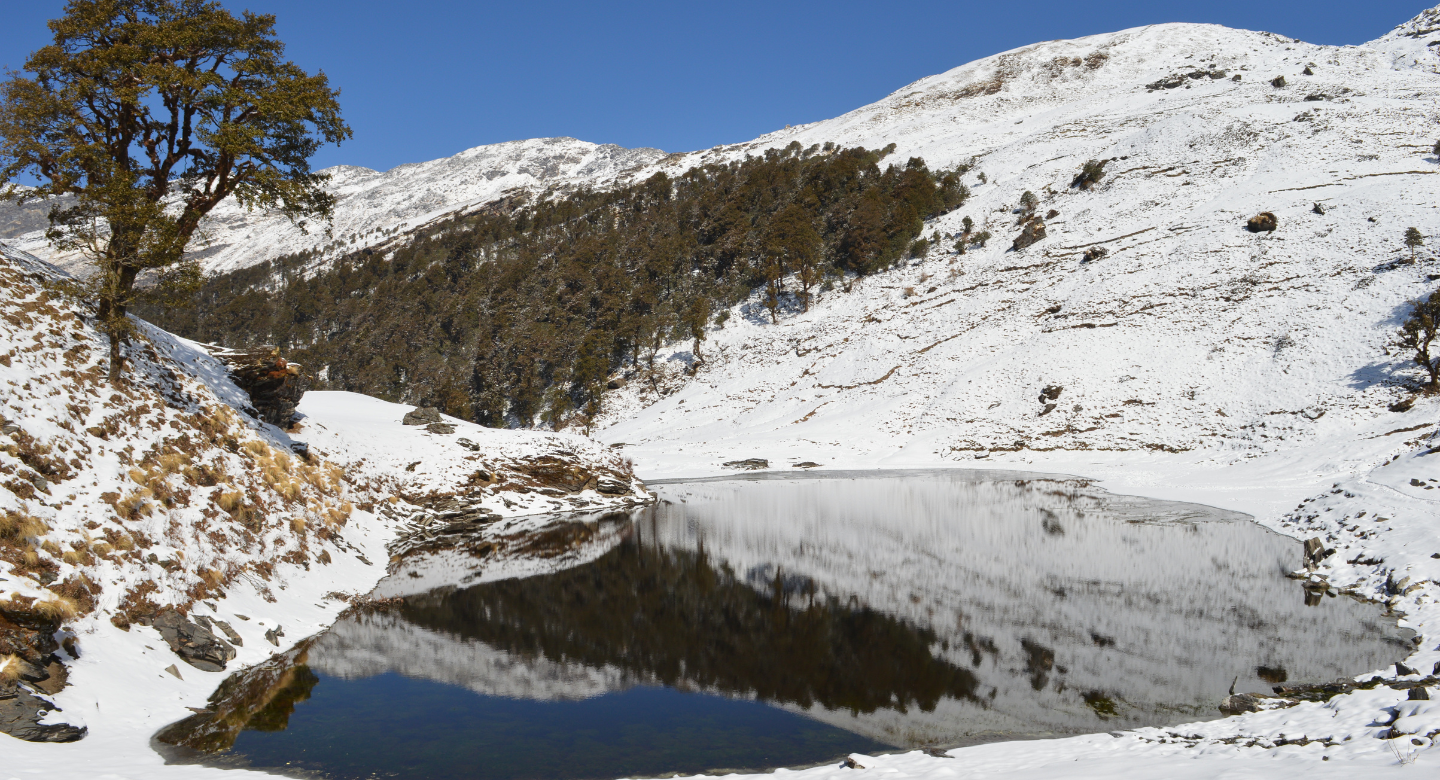
The Brahmatal Trek is a breathtaking journey through the stunning landscapes of the Indian Himalayas, featuring mesmerizing views of the Nanda Ghunti and Trishul peaks. This trek offers a unique blend of serene alpine lakes and lush forests, making it a perfect choice for those seeking both adventure and tranquility.
10. Sandakphu Phalut Trek
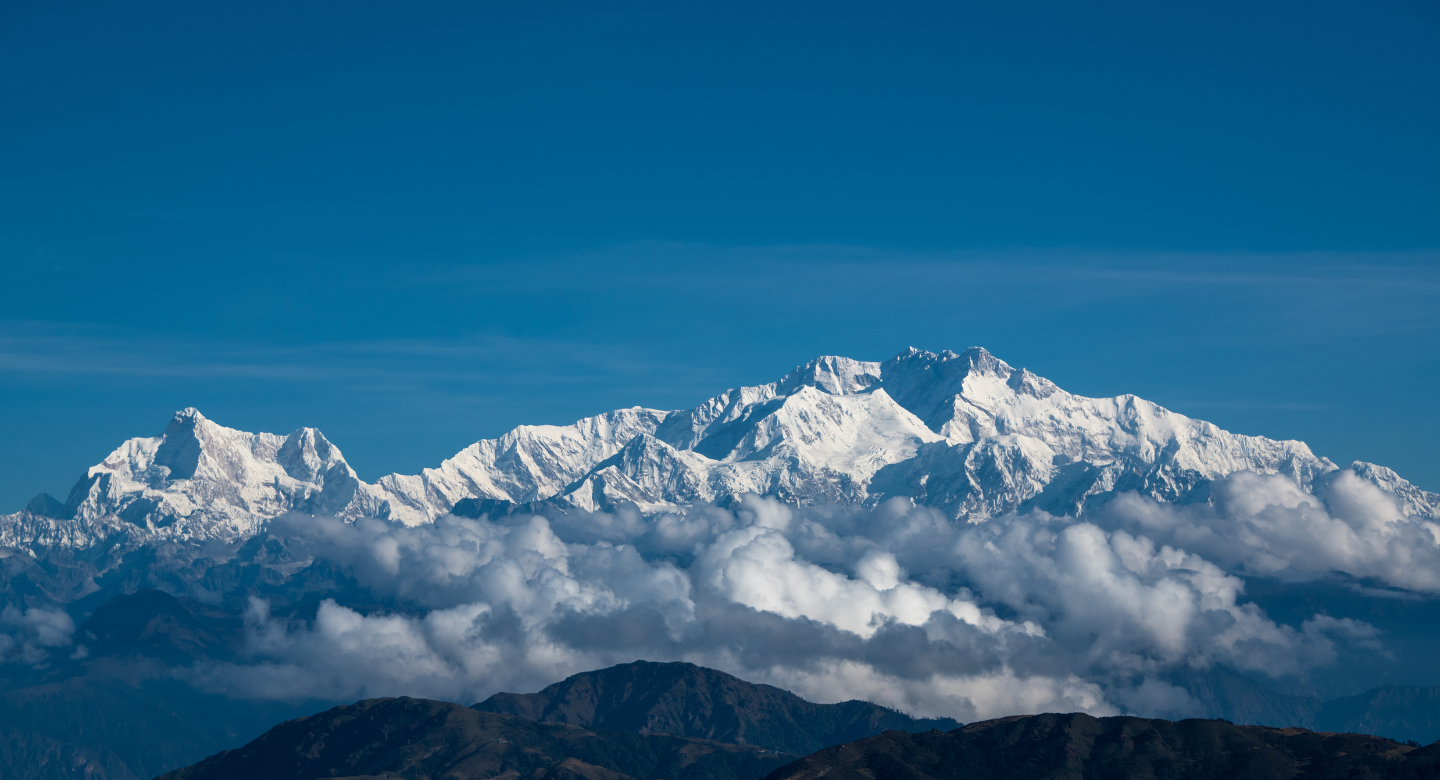
The Sandakphu Phalut Trek is renowned for its spectacular panoramic views of the world’s highest peaks, including Mt. Everest and Kanchenjunga. This trek takes you through lush rhododendron forests, charming villages, and serene landscapes, making it a must-visit for nature lovers and adventure enthusiasts alike.
Tips for Trekking in November:
Dress in Layers: November can be chilly, especially at higher altitudes. Wear moisture-wicking base layers, insulating mid-layers, and a waterproof outer layer to adapt to changing temperatures.
Check Weather Conditions: Stay updated on the weather forecasts for your trekking route. Be prepared for sudden weather changes, including temperature drops and possible rain.
Choose the Right Trek: Select a trek that suits your experience level and physical fitness. Research trails that are best explored in November for stunning views and manageable conditions.
Stay Hydrated: Even in cooler weather, hydration is crucial. Carry enough water and consider using insulated water bottles to prevent freezing.
Pack Essential Gear: Bring trekking poles for stability, a first-aid kit for emergencies, and a headlamp or flashlight for shorter daylight hours.
Start Early: Begin your treks early in the day to make the most of daylight. This will also help you avoid colder evening temperatures.
Take It Slow: Allow yourself to acclimatize, especially if you're trekking at high altitudes. Pace yourself and take regular breaks to enjoy the scenery.
Know Your Route: Familiarize yourself with the trail map and route details. Carry a physical map or GPS device as mobile signals can be unreliable in remote areas.
Watch for Wildlife: November is a great time to spot wildlife. Stay quiet and patient, and keep a safe distance to avoid disturbing them.
Stay Connected: Inform someone about your trekking plans and expected return time. Carry a fully charged mobile phone or a power bank for emergencies.
Enjoy the Scenery: Take the time to appreciate the unique beauty of the autumn-to-winter transition. Capture moments with photos, but also immerse yourself in the experience.
Plan for Campfire Evenings: If camping, prepare for colder nights. Bring extra blankets or sleeping bags rated for lower temperatures, and enjoy cozy evenings around a campfire if permitted.
Final Thoughts for Best Treks To Do in November 2024
November is the perfect time to embrace the magic of trekking, with its pleasant weather and breathtaking landscapes. Whether you’re looking for vibrant autumn colors, snow-kissed peaks, or serene valleys, the treks listed above offer something unique for every adventurer.
From challenging high-altitude expeditions to scenic trails suited for beginners, November’s treks cater to a variety of preferences and skill levels. As you plan your journey, ensure you're well-prepared with the right gear, permits, and knowledge of local weather conditions. So, lace up your boots, pack your essentials, and embark on an unforgettable adventure this November! The trails await you—make memories that will last a lifetime.
Frequently Asked Questions (FAQ's) for Best Treks To Do in November 2024
Is November a good time for trekking?
Yes, November is an excellent time for trekking due to the pleasant weather, stunning views, and fewer crowds. The clear skies and autumn foliage make for a beautiful experience.
What should I pack for a November trek?
Pack warm layers, waterproof outer gear, trekking poles, a first-aid kit, snacks, a headlamp, and sufficient water. Don’t forget a camera to capture the scenic beauty!
Are there any specific treks recommended for November?
Yes! Some popular treks in November include Kedarkantha, Har Ki Dun, Dayara Bugyal, and Kuari Pass, among others.
How cold can it get during November treks?
Temperatures can vary widely depending on altitude, but it can get quite chilly, especially at night. Prepare for temperatures ranging from 0°C to 10°C (32°F to 50°F) at higher altitudes.
How do I stay warm while trekking?
Dress in layers to regulate your body temperature, keep moving to maintain warmth and use insulated gear for your hands and feet.
What are the chances of snowfall in November?
Snowfall is possible, especially in higher altitudes. Be prepared for winter conditions and check weather forecasts for snow predictions on your planned route.
Is it safe to trek alone in November?
While solo trekking can be rewarding, it’s generally safer to trek with a group or a guide during November due to potentially unpredictable weather and trail conditions.
Do I need special gear for trekking in November?
Yes, consider gear such as insulated jackets, thermal gloves, and waterproof hiking boots to stay warm and dry during your trek.
How can I stay hydrated in colder weather?
Drink water regularly, even if you don’t feel thirsty. Use insulated water bottles to prevent freezing, and consider warm fluids like herbal tea or soup.
Are permits required for trekking in November?
Yes, many trekking routes require permits. Ensure you check the specific requirements for your chosen trek and obtain the necessary permits in advance.
Nikhil
Related content
Interdum et malesuada fames


